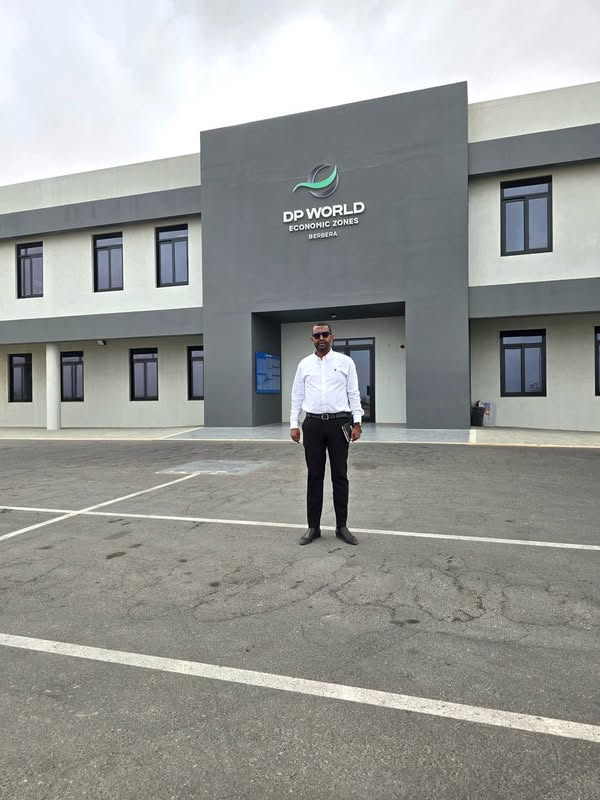“My Trip to Berbera this Week: A Personal Reflection”
Berbera Port, located on the Gulf of Aden, is one of the most strategically significant ports in the Horn of Africa. Its prime location positions it as a crucial gateway for trade connecting East Africa, Central Africa, and Asia. Historically, Berbera has been a vital maritime hub for centuries, serving as a key transit point for goods moving between the Arabian Peninsula, Africa, and beyond. This long-standing trade history underscores the port’s enduring economic and geopolitical relevance.
For Somaliland and the broader East African region, Berbera Port presents a transformative opportunity to enhance trade, attract foreign investment, and stimulate economic growth. Given its proximity to landlocked countries such as Ethiopia, the port serves as an alternative trade route, reducing dependence on Djibouti and providing a more cost-effective option for imports and exports. This increased connectivity fosters regional integration and economic stability.
A key driver of Berbera’s modernization is DP World’s investment in the port’s expansion and the establishment of the Berbera Economic Zone (BEZ). DP World has invested approximately $442 million in the development of the port and the economic zone. The agreement between Somaliland and DP World, signed in 2016, grants DP World a 30-year concession to manage and expand the port, ensuring long-term development and operational efficiency. These investments have significantly upgraded the port’s infrastructure, enhancing its capacity to handle large cargo shipments and improve logistics efficiency.
The Berbera Economic Zone complements the port by creating an industrial and logistics hub that attracts businesses, manufacturing companies, and investors seeking a strategic location with access to global markets. To maximize the port’s potential, attracting customers, including shipping lines, logistics companies, and regional traders, is crucial. Competitive pricing, efficient services, and modernized infrastructure will play a key role in positioning Berbera as a preferred trade hub.
The success of Berbera Port and BEZ is heavily reliant on a strong and skilled human resource base. Developing a competent workforce in logistics, port management, industrial operations, and trade facilitation is essential to maximize the benefits of these investments. Investing in education, vocational training, and capacity-building programs will ensure that the local population actively participates in and benefits from the economic transformation of Berbera.
As the 30-year agreement progresses, with 10 years already completed, planning for the future is essential. Somaliland must explore options for extending or renegotiating the agreement with DP World, ensuring sustained investment and operational excellence. Alternatively, preparations should be made to gradually transition port management to local authorities or a new strategic partner. Establishing a long-term sustainability plan will be key to maintaining Berbera’s competitive edge and ensuring continued economic benefits for Somaliland and the region.
In conclusion, Berbera Port and its economic zone hold immense potential for Somaliland and East Africa. With strategic investments, improved infrastructure, a skilled workforce, and a customer-focused approach, Berbera can emerge as a major trade and investment hub, driving regional prosperity and global connectivity.
Abdirahman Warsame
Director of CDG- Hargeisa
Bandhige@gmail.com






























